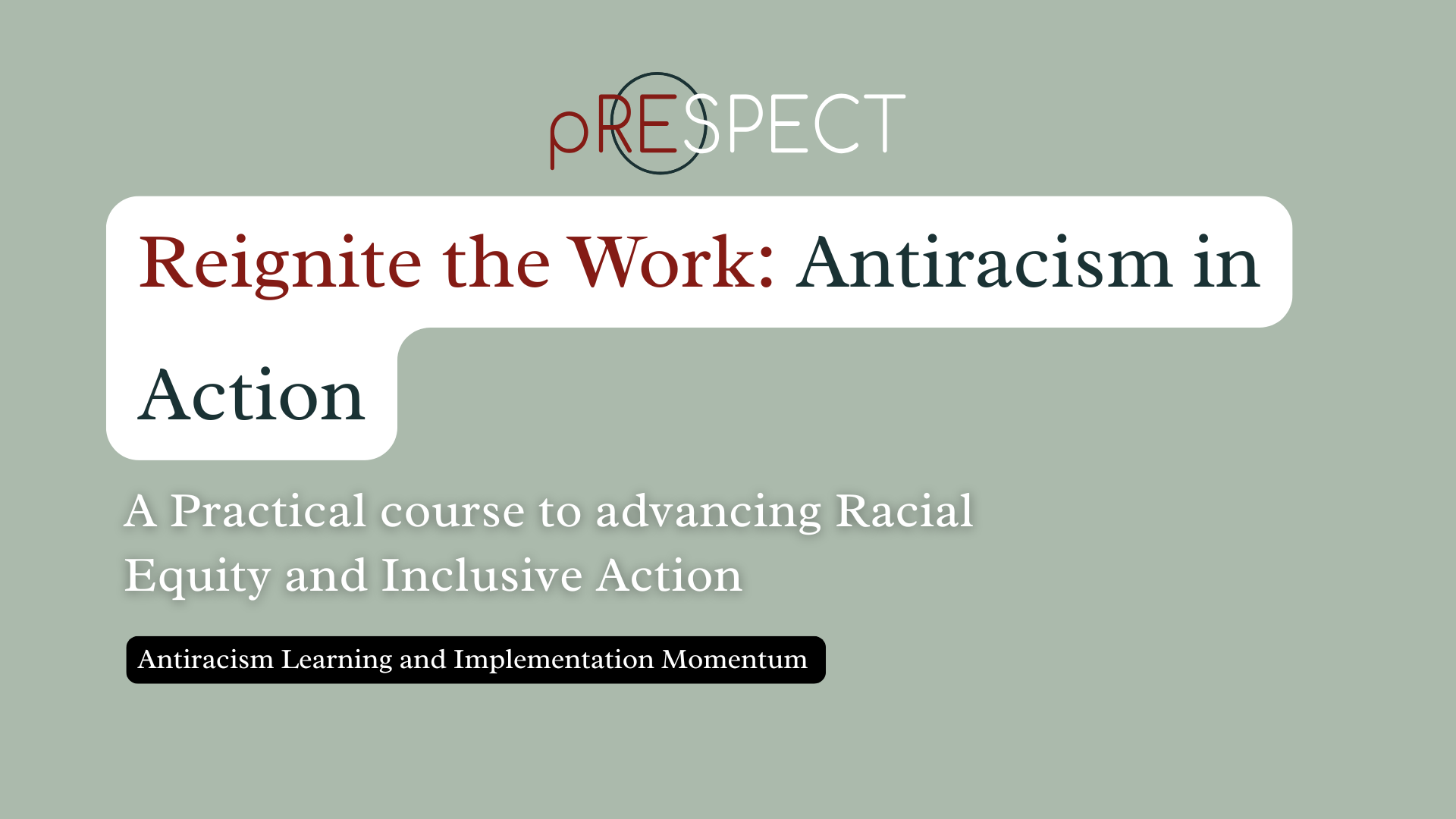The Tudor Trust Shake-Up: Why Staying True to an Antiracist Mission Matters More Than Ever
By Viana Maya, Founder of Prespect
“Letting go of power is a messy business, and there is no perfect time or way to do this.”
That sentence stopped me in my tracks. It came from the Tudor Trust’s public reflection on its recent internal restructure and recommitment to racial justice as its central mission.
It's not a side stream.
Not a theme for the year.
Not a project under DEI.
But the entire lens through which their funding, governance, and operations will now flow.
In a time when many organisations are quietly rolling back their equity efforts, whether through strategic silence, rebranded language, or performative displays of allyship that evaporate when times get tough, this move by the Tudor Trust is radical in the most necessary way.
But instead of collective praise or meaningful inquiry, their decision was met with a Times article steeped in language familiar to anyone who studies coded backlash. The kind that echoes replacement theory subtly, dangerously yet loud enough to stir doubt, fuel resistance, and invite division.
What struck me most, however, wasn’t the article itself. It was how quickly people believed it.
It’s one thing to criticise. It’s another to do so without reading the source, engaging with the organisation's actual statement, or even trying to understand the why behind a strategic pivot rooted in repair, community accountability, and antiracist principles.
This pattern isn’t new. We’ve seen it repeatedly—organisations brave enough to name racism as structural and embedded are often met with vitriol disguised as reasoned debate. But the real question I’ve been sitting with is this:
Where were the allies?
The rollbacks and pushbacks against DEI and antiracism didn’t happen overnight. They were enabled at times inadvertently by those who proudly aligned themselves with the work when it was trendy, sector-funded, or safe. But what happens when it’s no longer popular to post a black square or add "she/her" to your bio? When is it no longer a strategic advantage to lead with diversity statements?
The hard truth is that many allies were never asked, nor asked themselves, what they would do when it was no longer cool to care.
The Tudor Trust has answered that question with conviction. They've made racial justice their compass and acknowledged the internal power dynamics that must shift for their commitment to be real.
They chose to dissolve their board and rebuild it with intention. That’s their route. For other organisations, it might mean something different: educating existing trustees who are willing to evolve, revising recruitment to attract diverse voices, and, most importantly, ensuring those new trustees are given equal respect, power, and space to shape strategy, not just decorate the website.
This is not about replicating a model. It’s about honouring the mission.
For me, the Tudor Trust’s announcement landed at a timely point. I’m currently finalising a practical, immersive course for my client, Corra Foundation. This organisation continues to show integrity and curiosity in its approach toange. Its willingness to not just fund equity but practice it internally is something more institutions could learn from.
After reading the Tudor Trust’s update, I knew this course had to be made available beyond Corra. We can’t afford for this kind of learning to remain siloed.
What’s Inside the Course:
🔍 Racial Justice vs. Racial Equity
Grounded definitions, contextual history, and the application of both in modern policy and decision-making.
🧵 The Golden Thread Method
A step-by-step approach to weaving equity into funding decisions, service delivery, internal leadership, and external messaging.
🧠 Mindset Shifting Tools
Neurodivergent-friendly resources that foster confidence, curiosity, and inclusive thinking across teams.
📊 Power & Practice Audits
Reflective tools to assess your organisation’s current approach to inclusion, leadership, and equity in governance.
🔧 From Theory to Embedded Change
Frameworks to turn good intentions into operationalised values so that transformation becomes sustainable, not seasonal.
Who Is This For?
Funders rethinking their purpose and impact
Nonprofits and charities working with diverse communities
Educational institutions seeking meaningful inclusion
Businesses serious about systemic change, not just marketing optics
If you’ve ever wondered how to do this work without burnout, without confusion, and with accountability, this course will walk you through it.
✉️ Send a message
I’m opening this up for early access with a special founder’s launch offer and exclusive bonus materials for those on the list.
👉🏾Contact info@prespect.co.uk
You’ll be the first to access the course when it drops, and you’ll receive a bundle of extra tools designed to support your team’s growth and implementation.
This is not a time to retreat. It is a time to return to purpose, clarity, and justice.
The Tudor Trust is showing what bold alignment looks like. It is not perfect or finished, but it is accountable and willing to transform.
Will your organisation be ready to do the same?
It is time to reignite the movement and carry it forward intentionally, collectively, and bravely.

